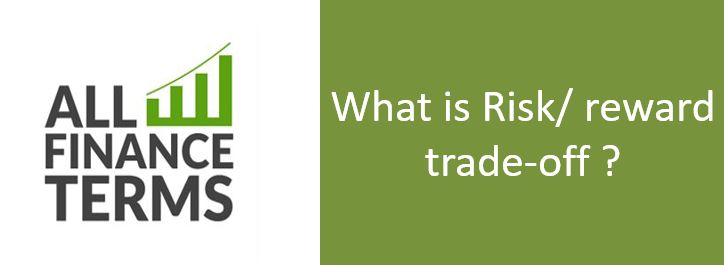Definition of Risk/ reward trade-off
The Risk/reward trade-off is the key that prospective return increases with an increase in risk.
Brief Explanation of Risk/ reward trade-off
Low stages of doubt or risk are associated with low prospective profits, whereas great stages of doubt or risk are associated with good prospective profits. The appropriate risk-return compromise relies upon various factors such as risk patience, years to pension, and the prospective to restore lost funds. According to the Risk/reward trade-off, spent money can provide higher profits only if the trader is willing to accept the likelihood of failure. Time can also play an important role in identifying a profile with the appropriate stages of risk and compensation.
At the base of this evaluation, the consideration of the danger, as well as the compensation of a good financial commitment, can determine whether acting seems sensible or not. For traders, the risk-return compromise is one of the fundamental elements of each committee as well as in the evaluation of investment portfolios as a whole. At the profile level, the Risk/reward trade-off can include tests on the focus or the variety of holdings and whether the mix provides too much risk or lower the risk of profits.


